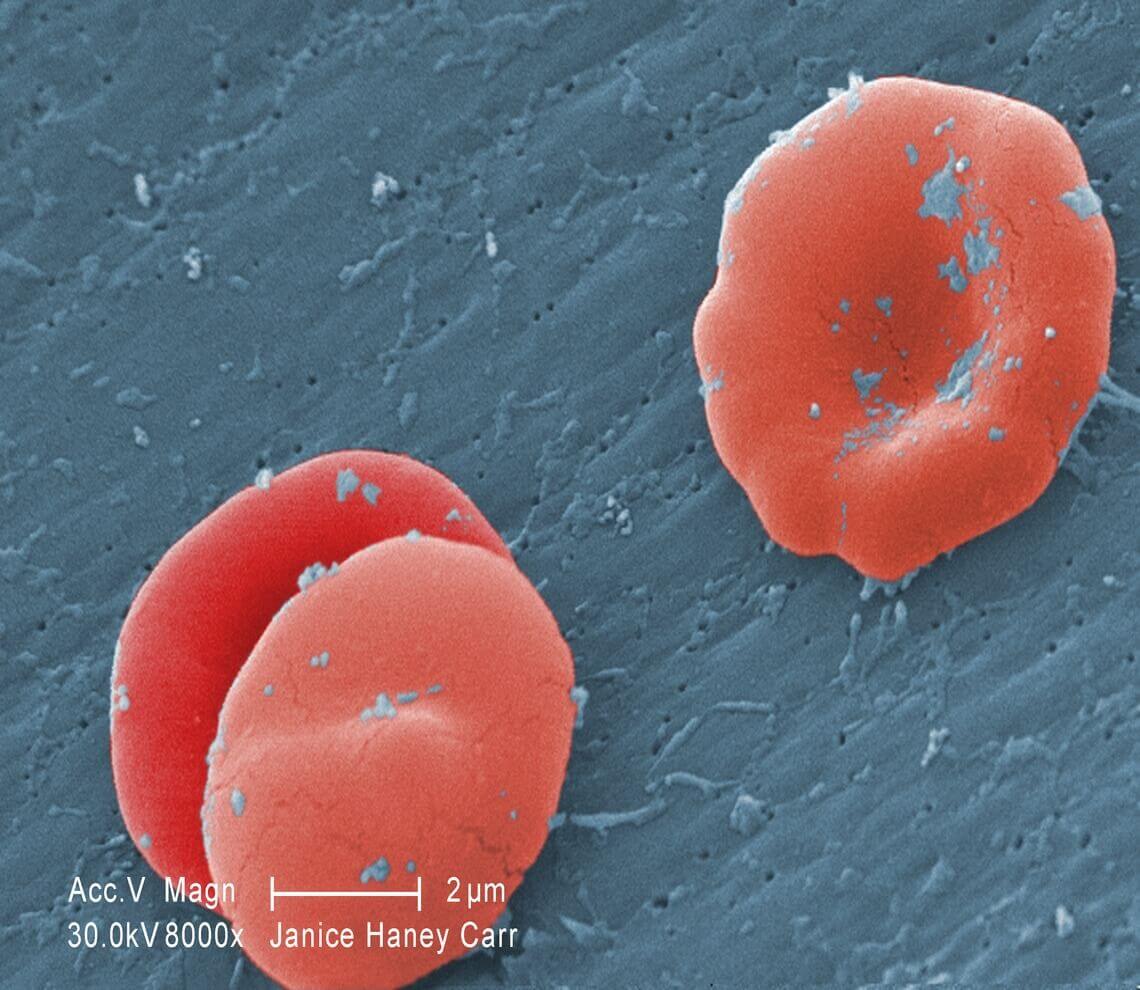- Our Suppliers
- MBS Monoclonals
- Mouse Anti-CytokeRatin 16 / KeRatin K16
Product short description
Price:
343 EUR
Size:
1 mililiter
Catalog no.:
GEN570103
Product detailed description
Gene name
N/A
Gene name synonims
N/A
Concentration
N/A
Other gene names
N/A
Purification method
N/A
Other names
N/A
Immunoglobulin isotype
IgG1
Clone
LL025
Category
Antibodies
Clonality
Monoclonal
Latin name
Mus musculus
Subcategory
Mnoclonal antibodies
Host organism
Mouse (Mus musculus)
Also known as
CytokeRatin 16 / KeRatin K16
Tested applications:
Immunohistochemistry (IHC) (frozen), Immunohistochemistry (IHC) (paraffin), Western Blot (WB)
Form/Appearance
Each vial contains 1ml of culture supernatant of monoclonal antibody containing 0.09% sodium azide.
Storage and shipping
Store the antibody at +4 degrees Celsius., or in small aliquots the antibody should be stored at -20 degrees Celsius..
Description
This antibody needs to be stored at + 4°C in a fridge short term in a concentrated dilution. Freeze thaw will destroy a percentage in every cycle and should be avoided.
Species reactivity
Human (Homo sapiens); Due to limited knowledge and inability for testing each and every species, the reactivity of the antibody may extend to other species which are not listed hereby.
Test
Mouse or mice from the Mus musculus species are used for production of mouse monoclonal antibodies or mabs and as research model for humans in your lab. Mouse are mature after 40 days for females and 55 days for males. The female mice are pregnant only 20 days and can give birth to 10 litters of 6-8 mice a year. Transgenic, knock-out, congenic and inbread strains are known for C57BL/6, A/J, BALB/c, SCID while the CD-1 is outbred as strain.
Specificity and cross-reactivity
KeRatin 16 is specifically found in hyperprolifeRative squamous epithelium such as psoriatic lesions and squamous cell carcinomas, e.g. of the lung. It is expressed in suprabasal keRatinocytes of wounded epidermis, a situation of high cell turnover. LL025 reactivity is negative in, e.g. normal skin, breast and lung tissue and non-invasive breast carcinoma. However, 10% of the invasive breast carcinomas tested were diffusely or focally positive with this antibody.; Since it is not possible to test each and every species our knowledge on the corss reactivity of the antibodies is limited. This particular antibody might cross react with speacies outside of the listed ones.
© Copyright 2016-Tech News . Design by: uiCookies

